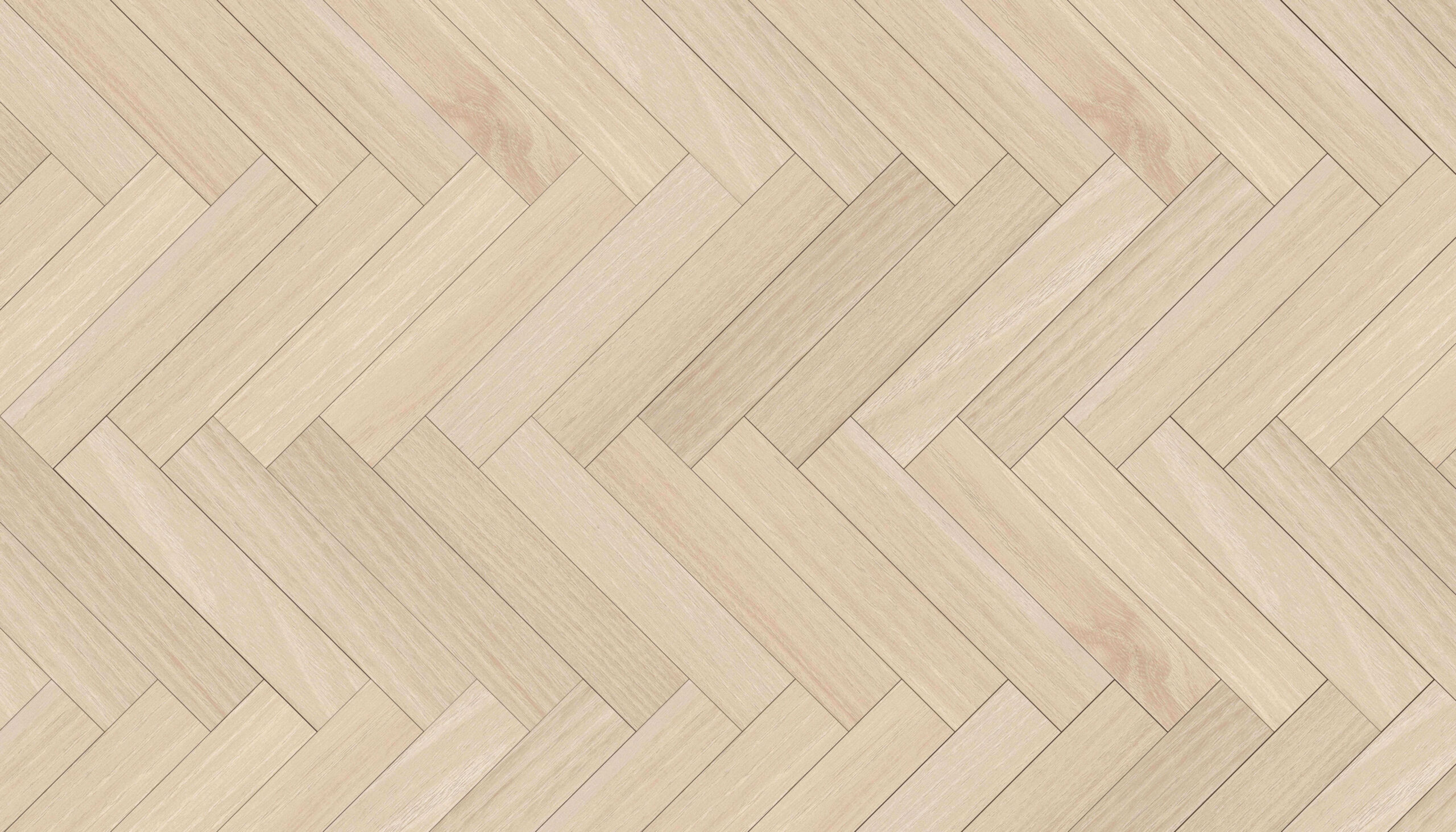Comparing Oil & Water-Based Polyurethane Floor Finishes
Oil-based polyurethanes and water-based polyurethanes are both excellent timber floor finishes. However, choosing the best option for your home or office depends on many factors. Let’s see them quickly.
1. Appearance
When it comes to appearance, oil-based polyurethanes tend to have a yellow or amber tint, while water-based polyurethanes give a clear or transparent appearance. Water-based polyurethanes can also give a yellowish appearance depending on the amount of tint added, which varies with brands. However, most water-based polyurethanes have no tint— hence they give a clear finish, highlighting the natural beauty of the timber floors.
Water-based polyurethanes look good on lighter timber flooring and timber species with a slightly yellow tint. They look good on grey-stained and lime-washed timber floors. Meanwhile, oil-based polyurethanes look good on traditional timber flooring, dark timber floors and harder timber like oak. They add a rich, warm tone to the timber flooring and darken with the years.
2. Lustre
Water-based polyurethanes usually have a lower sheen level than oil-based polyurethanes. Thus, it gives a matte or satin finish that looks more like the bare timber floorboard. On the other hand, oil-based polyurethanes have higher levels of sheen and lustre, which gives a glossy look to the timber floor.
3. Odour
Oil-based polyurethanes have a strong odour compared to water-based polyurethanes and last for at least a couple of days. If you have allergy issues, you cannot stay until the odour goes away completely. On the other hand, water-based polyurethanes do not have a strong odour, as the residual evaporates without residual odour.
4. Drying Time
Oil-based finishes take a longer time to dry. They need at least a gap of 8 hours or even more for the second coat. It means you can only apply a single coat per day. Moreover, the curing time is also longer— it takes nearly 30 days to cure completely.
Water-based polyurethanes, on the other hand, dry much faster. Timber floor sanding and polishing professionals apply several coatings on the same day. When it comes to the curing time, water-based polyurethane finishes take anywhere from 7 to 14 days to cure completely. However, you can walk on the floors after 24 hours.
And when it comes to application, water-based polyurethanes are easy to apply, while oil-based finishes are greasy. Hence it takes the expertise of a professional floor sanding and polishing service to do it perfectly.
5. Durability
Oil-based polyurethanes are the most durable. They give excellent resistance to wear and tear and protect your timber floors for many years. They also adhere well to the flooring and do not peel for longer. However, they are softer and less chemical resistant— and hence are more susceptible to dents.
On the other hand, water-based polyurethanes are harder and highly resistant to chemicals. Moreover, modern-day water-based polyurethane formulas come remarkably harder, making them more durable than oil-based ones— hence making timber floors last for many years. However, note that water-based polyurethane finishes, due to their hardness, are a bit susceptible to scratches.
Both oil-based and water-based come with UV protection, depending on the brands. And when it comes to maintenance, timber flooring with water-based polyurethanes is the easiest to maintain. Regular sweeping and mopping would help the finish to last for years.
Finally, in terms of cost, water-based polyurethanes are a bit more expensive than oil-based polyurethanes. If you are running on a tight budget, oil-based polyurethanes are ideal options.
If you are considering refinishing your timber floors, make sure you choose the best finish that suits your needs. If you need our help, contact our team at Abacus Flooring. We offer the best floor sanding and polishing services in and around Sydney.

